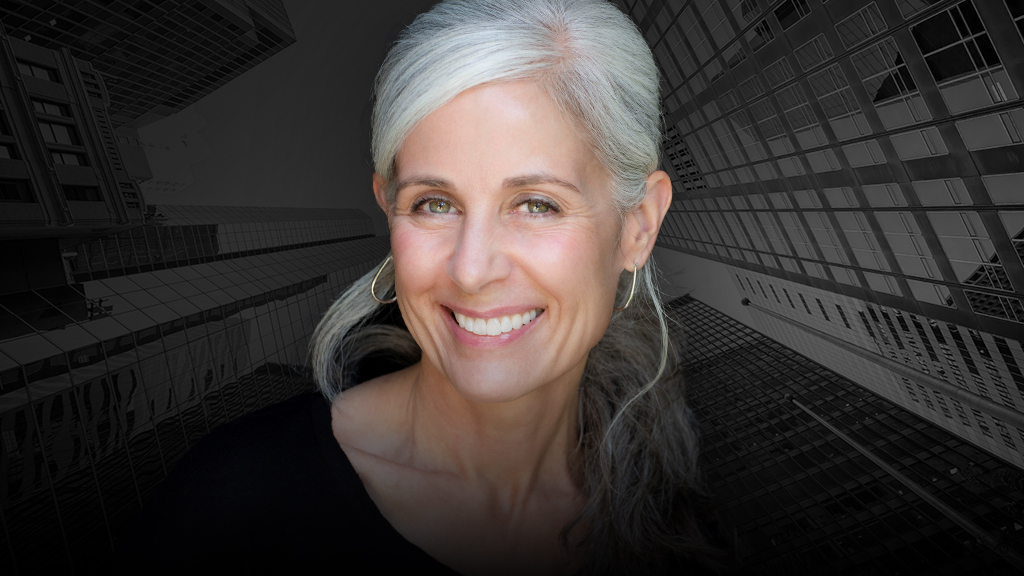Andi Owen
CEO of MillerKnoll
Andi Owen, a self-described design addict and CEO of MillerKnoll, discusses the future of the modern office on the Walker Webcast.
Andi Owen is the CEO of MillerKnoll, the parent company of Herman Miller and fourteen other companies working to revolutionize modern design and change the way we work, live, and gather. In a wide-ranging discussion, Andi and I talked about everything from her career path to how she believes AI will change the modern workspace.
Becoming a “design addict”
As her Instagram bio states, Andi is a self-proclaimed “design addict.” This is no surprise, considering she is the woman leading one of the foremost luxury furniture companies in the world. Andi’s love for design and the arts started so early that it was practically ingrained in her. She comes from a long line of artists and designers, mostly in the musical and visual spaces, which, of course, played a huge role in her formative years.
However, what really made her take an interest in furniture was the fine arts high school she attended, where she studied Herman Miller. She found it incredibly fascinating that the company used design to solve problems and enhance the lives of people worldwide.
How will artificial intelligence impact the modern workspace?
Many businesses are scrambling to incorporate AI technologies into their operations. Universities are teaching students how to use AI, and many are fearful it will take jobs from people. Andi lived through a similar experience when she was working at Gap to build an online presence. She believes that although AI is going to undoubtedly change the way we do things and eliminate some jobs, it will ultimately create more jobs than it destroys. Drawing on her experience at Gap, she remembers that when Gap began selling clothes online, the company still needed people to work at its brick and mortar stores, in addition to the people it needed to work on the website and online fulfillment.
Are we going back to the office?
Employees across the country have remained incredibly reluctant to go back to the office. Andi doesn’t think this will be the case forever though, pointing out that there are companies at both ends of the spectrum right now. Some don’t require their employees to come to the office, and there are other companies that require their employees to be there five days per week. Andi believes that although many think that they are more productive at home, over time, we’re finding that this isn’t actually true. When you combine this with the fact that the balance of power is slowly shifting back toward employers, you get a recipe for full-time office work at some point in the future.
Want more?
I regularly have the opportunity to talk with some of the most influential people of our time, like Andi Owen. To see upcoming guests, be sure to subscribe to the Walker Webcast!
Related Walker Webcasts
Shaping the Future of Luxury Living with Jeffrey Soffer
Learn More
December 17, 2025
Leadership
CEO Masterclass
Learn More
December 10, 2025
Leadership
Emerging Trends in Hospitality with Chris Nassetta
Learn More
November 26, 2025
Leadership
Insights
Check out the latest relevant content from W&D
News & Events
Find out what we're doing by regulary visiting our News & Events pages
